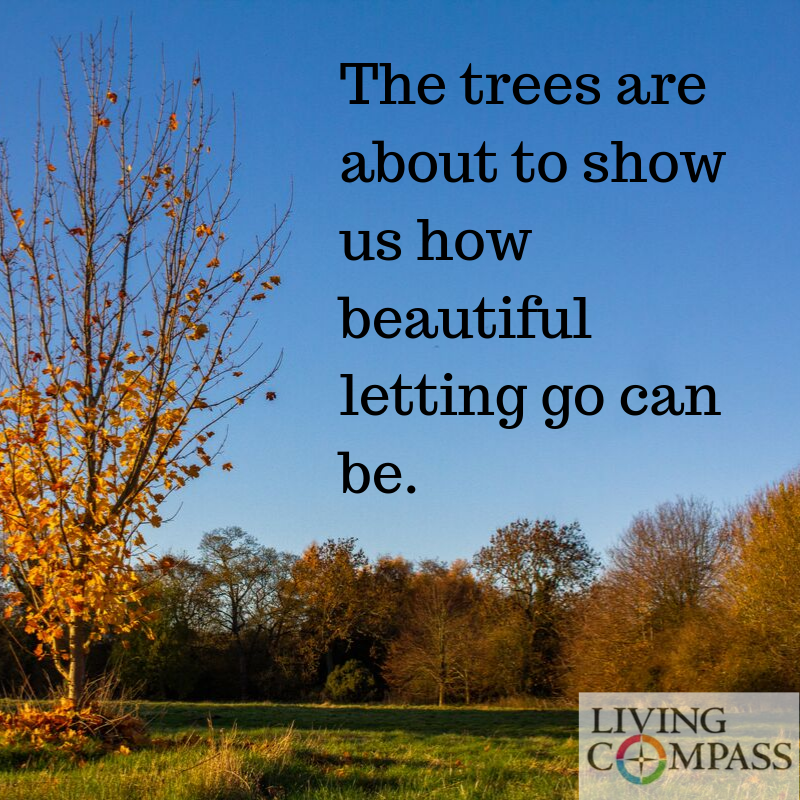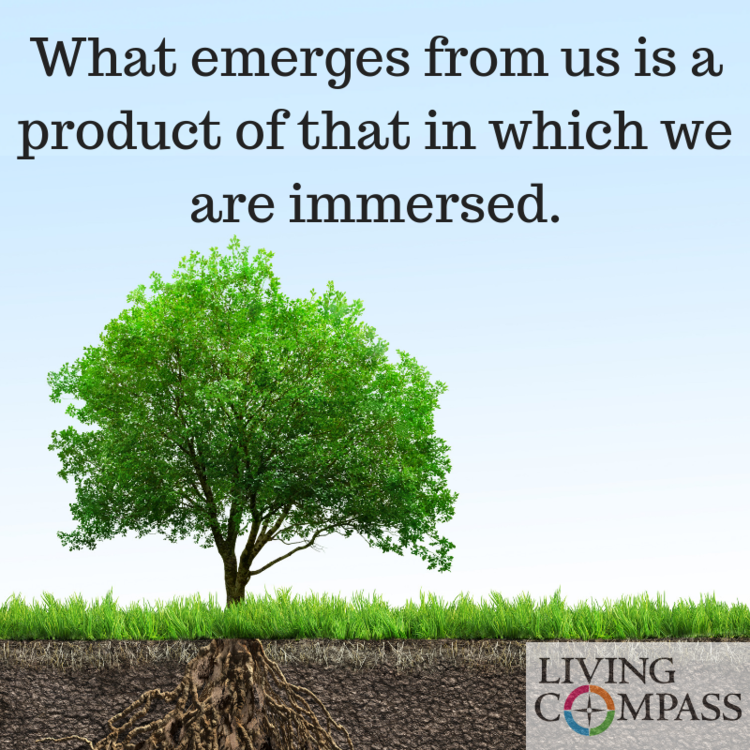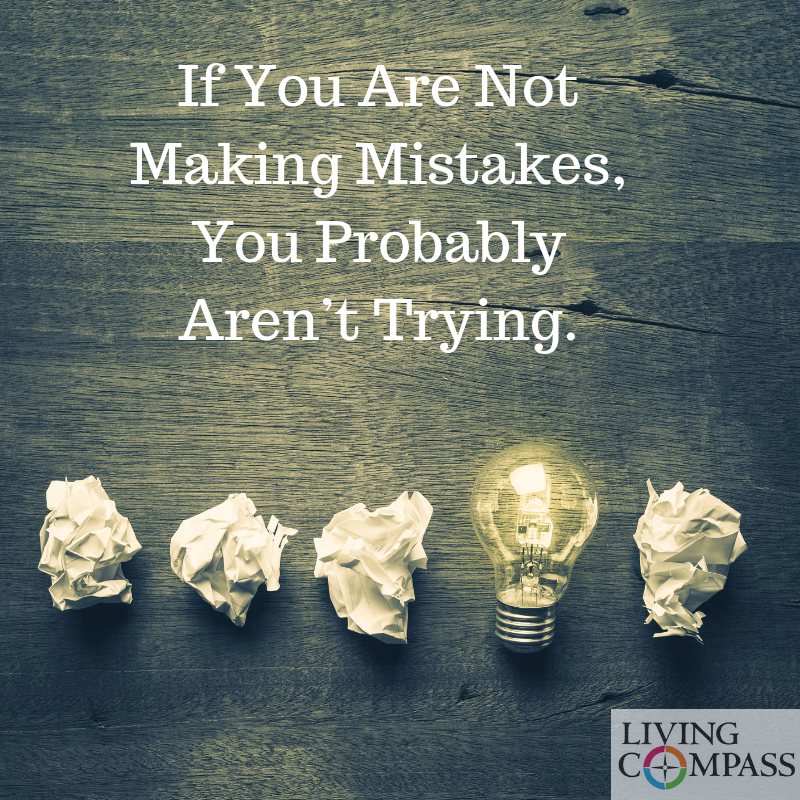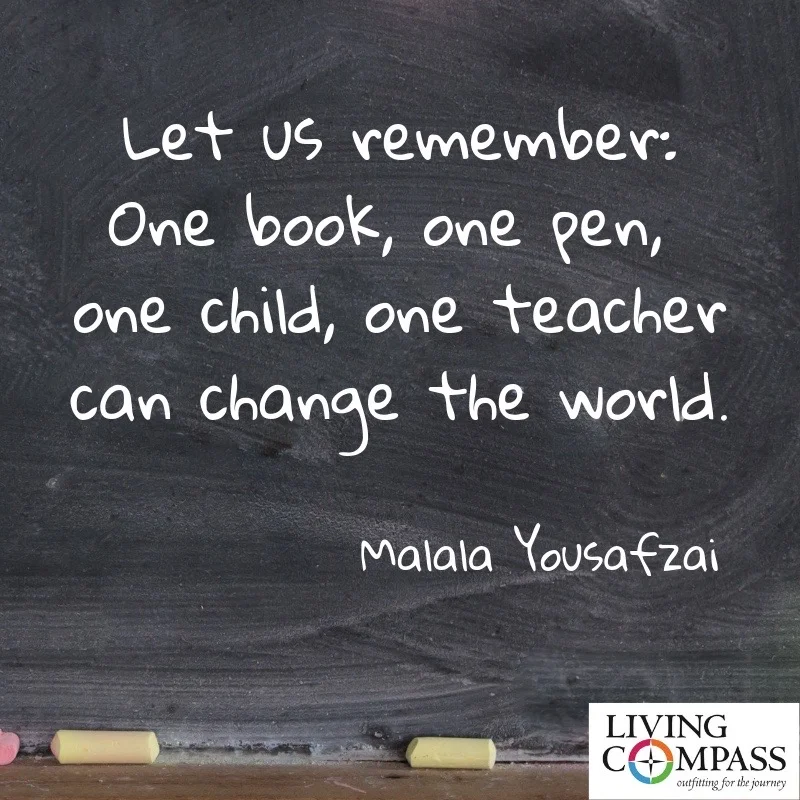A Symphony of Permanence and Change
The autumnal equinox, one of the days we experience equal amounts of darkness and light, occurred this week, ushering in one of my favorite seasons. I love the season of fall and not just because I enjoy football, apple picking, the stunning colors of the changing leaves, the World Series, Halloween, and Thanksgiving. I also love fall because it is a time when I find myself turning inward, reflecting on the changing nature of life in general, and my life in particular. The poet Bonaro Overstreet says that autumn is "a symphony of permanence and change." Turning inward to reflect on what has changed, or what is changing, also provides the opportunity for me to focus on that which is changeless, that which is permanent.
Fall is a time of transition. It's not just the trees that are transitioning here in the northern hemisphere, the geese and other wildlife are preparing for the coming winter months as well. The geese as well as other animals move great distances, making an external, literal transition of place. Trees and other animals, stay and create an internal transition as they shift their energy from external growth and creation to various expressions of internal protecting and stewarding.
I find that I too benefit from doing a similar kind of internal transitioning in the fall, as I both let go of what has been, and hold fast to what remains, learning to be appreciative of both. As the quote in the box above conveys so well, "The trees are about to show us how beautiful letting go can be."
Our lives indeed are comprised of equal parts light and shadow, a balance of day and night, an ongoing "symphony of permanence and change.” As we begin the transition of this season, may we embrace the wisdom of knowing that even in letting go we can find beauty.
Subscribe Now to Weekly Words of Wellness:
Click the button below to signup for the e-mail version of Weekly Words of Wellness. This weekly article can be shared with your community electronically and/or used for group discussion.
You can unsubscribe at any time.




